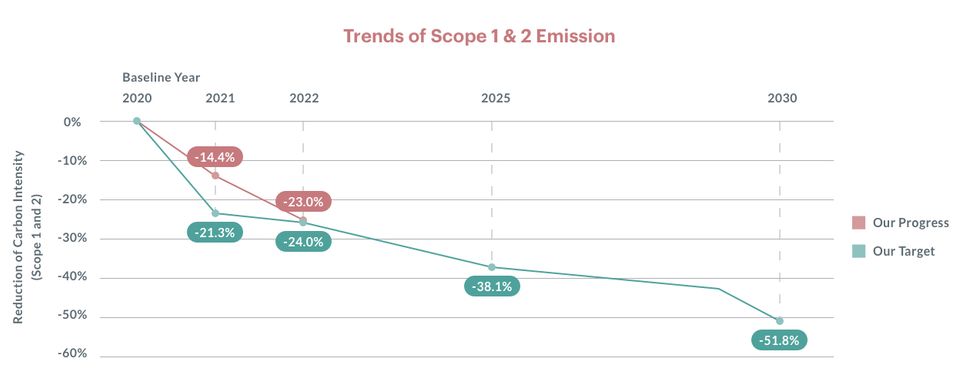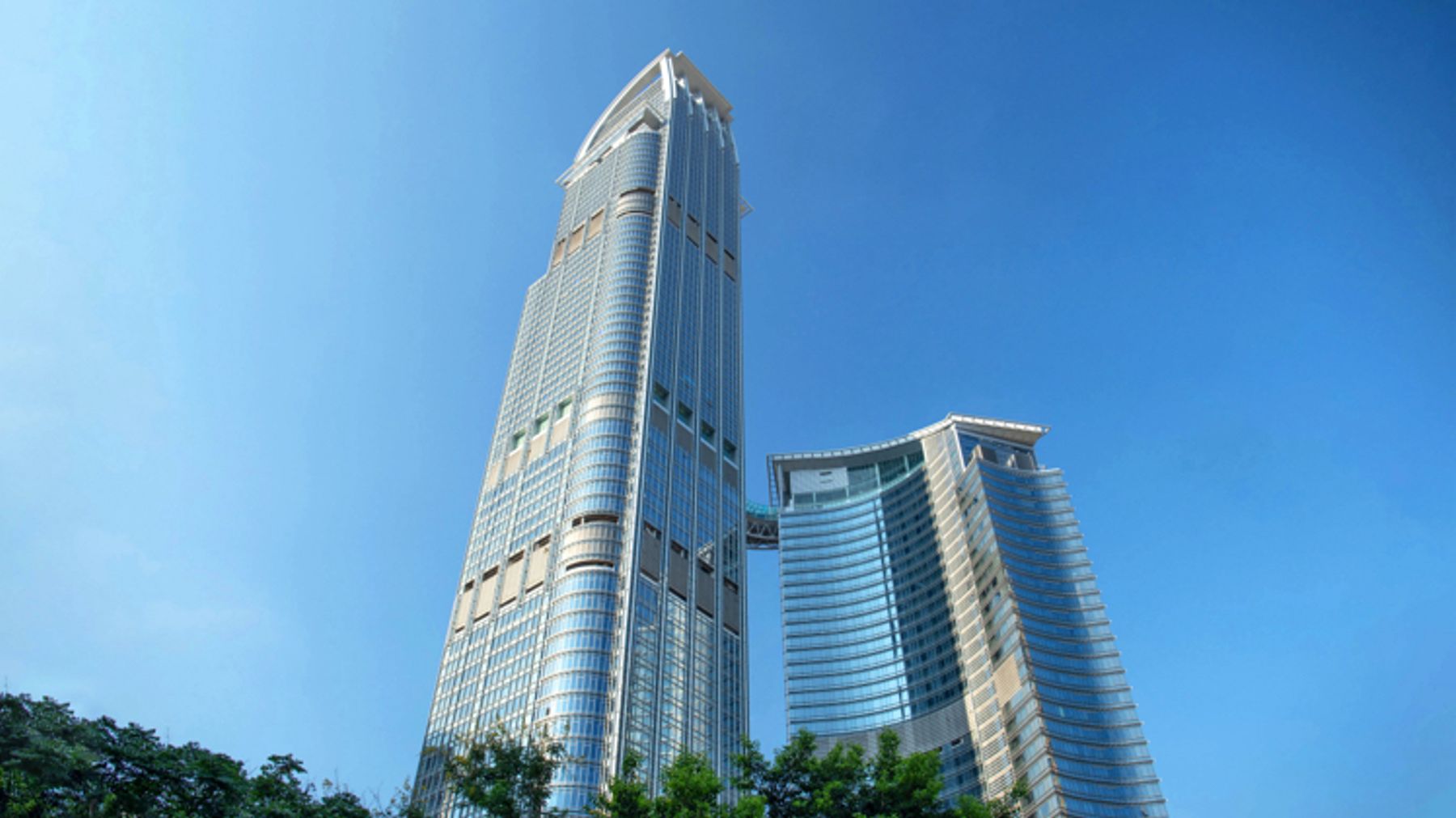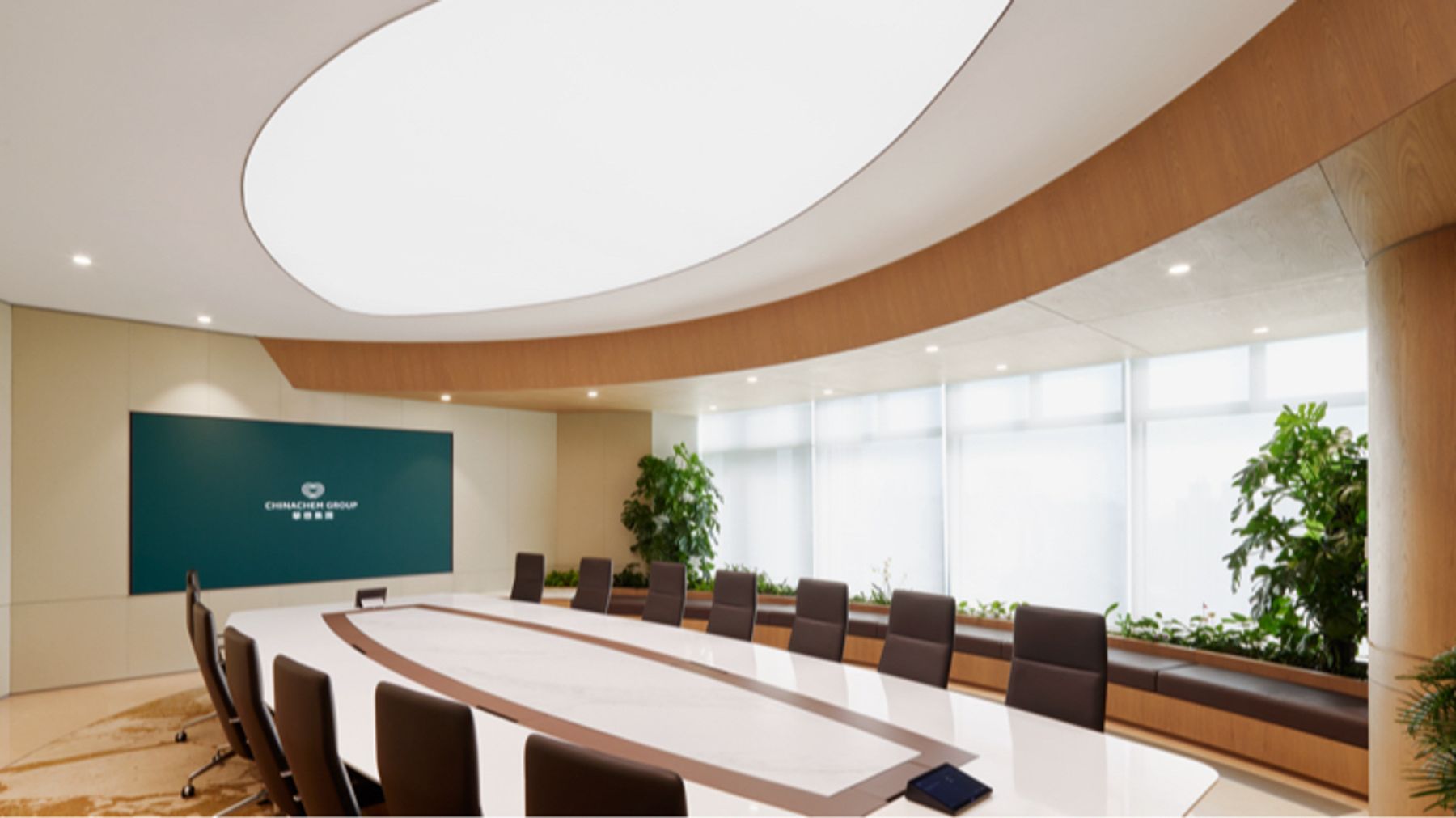Climate Adaptation and Resilience – Our Response to TCFD Recommendations
We acknowledge the potential risks and opportunities climate change poses to our business. Our disclosures align with the recommendations of the Task Force on Climate-Related Financial Disclosures (“TCFD”) across the four essential pillars: governance, strategy, risk management and metrics and targets.
Governance
The ESG Steering Committee, which is chaired by our CEO and reports to the Executive Committee, has been formed to enhance our governance on ESG issues. The ESG Steering Committee is responsible for overseeing the Group’s ESG strategies, reviewing and endorsing plans and evaluating and monitoring the progress. The Group has four ESG Sub-Committees to ensure that climate-related considerations are effectively integrated into its strategic decision-making and daily operations.
The ESG Department is responsible for steering Group-wide initiatives. The Department also coordinates business units to assess and monitor the climate risks and opportunities for strategic planning, contributing to sustainable property lifecycles.
Strategy
Climate change presents both physical and transition risks that businesses must reckon with, and our Group is not exempt from these challenges. The escalating frequency and severity of extreme weather events, including cyclones, floods and prolonged temperature increases, have the potential to negatively impact our properties, operations, supply chain and the safety of our colleagues. Our Climate Change Policy serves as our guideline to integrate climate change considerations into the decision-making process of the Group’s businesses, activities, supplies, products and services and mitigate the impacts of our business operations on the climate.
To mitigate potential disruptions and bolster our resilience against these physical risks, the Group has diligently devised tailored contingency arrangements to address extreme weather scenarios. These robust measures are aimed at minimising potential losses and fortifying our ability to adapt to the evolving risks posed by climate change. We have identified and responded to climate-related physical and transition risks that could bring potential impacts to our business and operations:
Transition Risks
Technology and Innovation
Policies and Regulations
Market
Reputation
Physical Risks
Acute
Chronic
Rising average sea levels: Hong Kong, as a coastal city, is increasingly susceptible to climate risks due to the rising sea levels, which makes properties in these areas more vulnerable.
With the urgency of combating climate change, the Group proactively responds to protect our environment. In January 2022, the Group received validation from the Science Based Targets Initiative (“SBTi”) that the Group’s carbon reduction targets - CCG 3050+ fulfil the conditions for limiting global warming to 1.5°C. SBTi is the globally most recognised organisation for evaluating and approving scientifically based reduction goals pledged by businesses without considering any CO2-compensating climate projects. The Group is the second real estate developerin Hong Kong to complete this validation. These approved SBTs are:
- Reduce operational carbon intensity under Scope 1 and 2 by 51.8% by 2030 from a 2020 base year; and
- Reduce Scope 3 carbon intensity from capital goods, downstream leased assets and waste generated in operations by 20%
The Group has allocated sufficient time and resources in the coming years to effectively mitigate the impacts of identified climate risks. The Group has executed an extensive array of climate mitigation measures to enhance sustainability, including chiller replacement, retro-commissioning, lift replacement, heat pump installation, enhancements in the energy efficiency of mechanical and electrical equipment and optimisation of operation and maintenance practices. Feasibility studies were conducted to explore cutting-edge technologies for further decarbonisation efforts.
In addition, we are also committed to targeting the 2nd highest green building certification (e.g., BEAM Plus, LEED and WELL Standards) for 100% new major projects to ensure that our developments are energy-efficient and low-carbon through enhanced design and operation. In 2022/23, 46% of properties with BEAM Plus/LEED/WELL building certificates*. We will also explore opportunities to improve wellbeing and sustainability performance of our existing properties.
To reduce embodied carbon from our development projects and construction activities, we have a Sustainable Building Guideline (“the Guideline”), which covers every stage of property development, from selecting service providers to the design and construction phases. The Guideline incorporates pre-qualification and qualification checklists, prioritising tenderers who commit to sustainability through bonus requirements. The Guideline also outlines mandatory and optional sustainability elements, ensuring that our projects meet and surpass sustainable design standards. With an incentivised penalty system designed to encourage service providers to maintain high standards in project delivery and green design performance, we strive to lead our way in green building development.
Since 2021, the Group has implemented a Green Finance Framework to leverage sustainable financing for eligible green and social projects that support its business strategy and vision. As of 30 June 2023, we have secured more than $17.3 billion (HKD) of sustainable financing, including three green loans and two sustainability-linked loans.
*Covering both Provisional and Final Assessment certificates in BEAM Plus and both Pre-certified/ Certified projects in WELL as of June 2023.
Future Plan for Climate Change Mitigation and Adaption
Carbon Neutrality
- Develop a roadmap in line with the SBTi’s Corporate Net- Zero Standard to establish long-term targets that achieve net-zero emissions by 2050
Renewable Energy
- Conduct feasibility studies for the selected properties to explore opportunities to boost the Group’s overall renewable energy capacity
- Procure Renewable Energy Certificates to support renewable energy initiatives
Energy Management
- Establish partnerships with local institutes to enhance the Group’s energy strategies
- Accelerate the electrification of our operations to improve productivity and mitigate emissions
Tenants Engagement
- Strengthen engagement efforts with tenants and relevant stakeholders in climate resilience and sustainability to foster the decarbonisation of our operations
Climate Risk Management
- Conduct a comprehensive study on Internal Carbon Pricing (“ICP”) to explore the conceptual framework of ICP and details on implementation to advance our climate transition
- Conduct a climate scenario analysis to assess the exposures and vulnerabilities of our portfolio against identified physical climate hazards/perils and quantify financial impacts
Innovation Championship
- Leverage partnerships with different stakeholders to drive innovative solutions for sustainable development of the Greater Bay Area
- Proactively support Tech Ventures to translate research outcomes into real- world solutions to foster the Group’s climate and energy transition capabilities
Green Building
- Aim to attain the 2nd highest green building certification (e.g., BEAM Plus, LEED and WELL Standards) for 100% new major project
- Reduce embodied carbon from our development projects and construction activities by prioritising service providers and materials that have greener designs and lower emissions
Risk Management
A robust climate risk management strategy is crucial for a successful journey towards decarbonisation. Our Group has adopted an active approach to ensure accurate identification of climate risks based on the latest scientific research, and we are making significant progress towards achieving our climate goals. During the Reporting Period, the Group initiated a Physical Climate Risk Assessment study for our building portfolio, comprising both existing buildings and new construction project sites. In the study, we will assess the exposures and vulnerabilities of our portfolio against identified and agreed physical climate hazards/perils, including both acute and chronic hazards, defined by financial impacts, through qualitative screening and risk ranking exercise. In addition, a comprehensive climate scenario analysis of the portfolio will also be carried out, along with an assessment of the potential implications of climate-related risks and opportunities. We will also explore ways to enhance the climate resilience of our portfolio.
In addition, climate-related consideration has been fully integrated into the Group’s Enterprise Risk Management (“ERM”) framework. As part of this framework, we will identify, assess and address the potential impacts of climate-related risks on our operations, supply chain and business model, alongside other risks. This holistic approach will enhance the management of climate-related topics and improve our overall resilience against the changing climate. The Group’s ERM framework undergoes an annual review.
Metrics and Targets
To address climate change risks, we have set ambitious climate-related targets - CCG 3050+ to define our pathway to reduce carbon emissions in line with the Paris Agreement goals to help limit the global temperature increase to 1.5°C above pre-industrial levels.
Performance Highlights
We target to lower our operational carbon intensity under Scope 1 and 2 by 51.8% by 2030 from a 2020 base year.
















